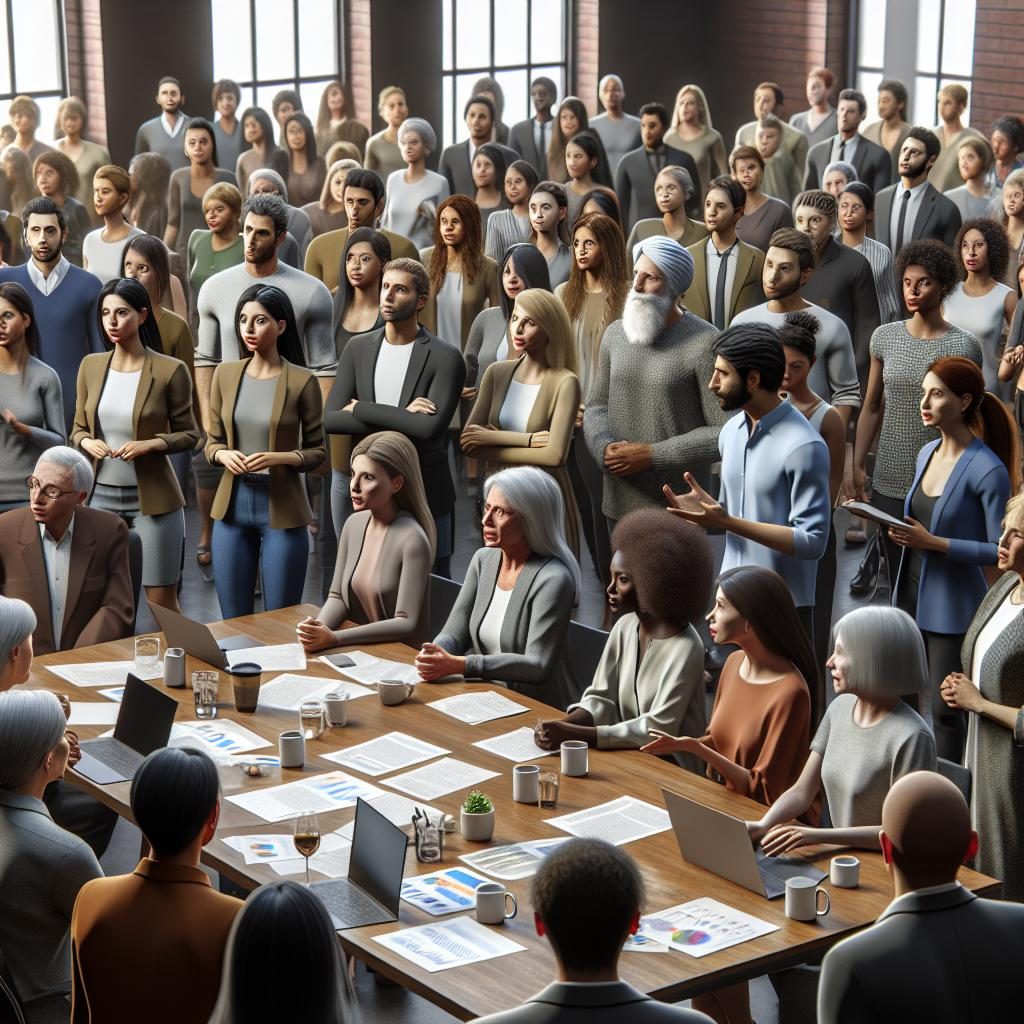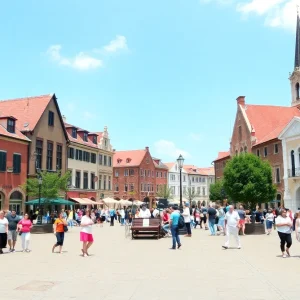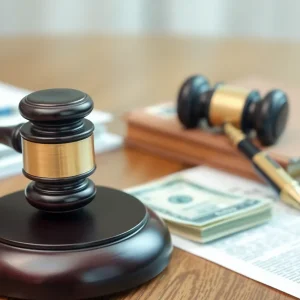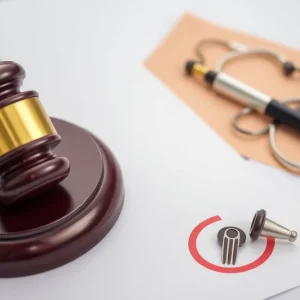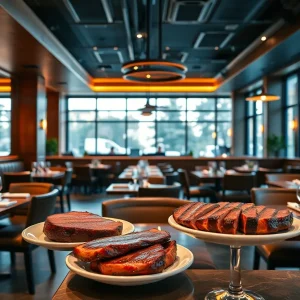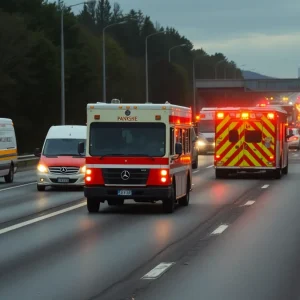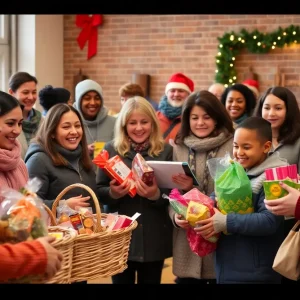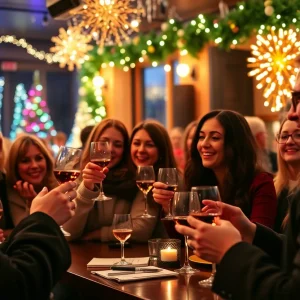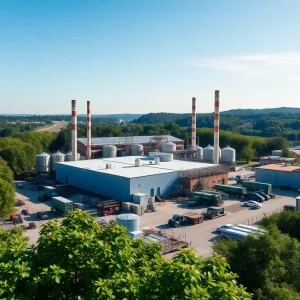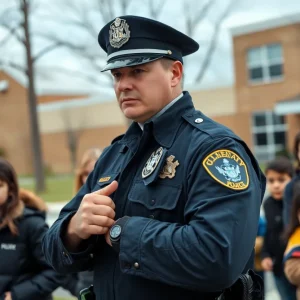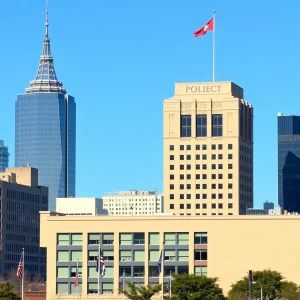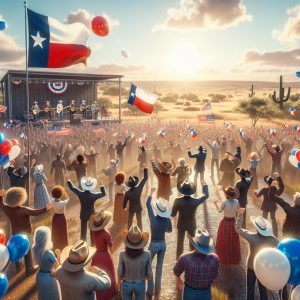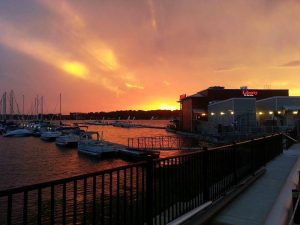COLUMBIA, S.C. — Liquor License Renewals Denied for Two Popular Bars Amid Community Concerns
In a recent development that’s raising eyebrows in the Five Points neighborhood of Columbia, two local bars, Group Therapy and Saloon, have been denied their liquor license renewals. This decision has sent ripples through the community, as certain residents express their growing concerns about the impact these establishments have on their neighborhood.
A Community Divided
The push against these bars has been spearheaded by Dick Harpootlian, an attorney who represents residents from the nearby Wales Gardens neighborhood. He argues that these establishments are not primarily focused on providing meals but rather on serving as party hotspots for university students. “One of the reasons we’re litigating the two additional cases is we don’t believe that their primary and substantial business is a service of meals,” Harpootlian explained.
With a booming student population in the area, some community members have expressed concerns that the bars create a disruptive atmosphere, especially late at night. Harpootlian recounted alarming incidents, saying, “A number of those bars were serving underage kids. Eighteen-year-olds were drinking $1 liquor shots and becoming grossly intoxicated, rampaging through the neighborhood, destroying property, throwing up. I mean, I found a kid passed out under a car, under a truck, not 100 yards from my house on Saluda Avenue.” The neighborhood has become increasingly concerned with the behavior of some patrons as they leave the bars in the early hours of the morning.
Bar Owners Respond
On the flip side of this heated debate, Bakari Sellers, who represents Group Therapy and Saloon, staunchly defends the bars. He insists that they are “vital good corporate citizens” and expresses optimism about the upcoming legal proceedings. “I anticipate that when the judge looks at the facts, as they did previously, we will be successful again,” he said.
Sellers argues that both bars comply with the necessary state liquor laws, as outlined by South Carolina law, which stipulates that a business must primarily serve meals to be eligible for a liquor license. “We’re going to evaluate the businesses that they stand on. We have no questions about their compliance, but we’re going to see what we can do to make sure that they’re prepared for 2025. We always like to be ahead of the curve,” he noted.
Understanding the Legal Framework
Harpootlian has raised questions about what constitutes a meal, suggesting that snacks rather than full meals should not qualify a bar for a liquor license. “You can’t count chips and peanuts as meals,” he emphasized. The ongoing debate around what it means for a business to primarily serve food under the law might play a significant role in determining the future of these bars in the area.
As it stands, the South Carolina Department of Revenue has stated that these bars can continue to operate during this protest period until a court hearing takes place. This means for now, both Group Therapy and Saloon will remain open, much to the delight of their regulars, while the community awaits further developments.
What’s Next?
The future of these bars hangs in the balance, and the courtroom could be a crucial venue for decisions that will impact both the neighborhood’s atmosphere and the businesses involved. With residents and bar owners both determined to have their voices heard, this case represents a larger conversation about business, community, and the nightlife culture that is thriving in Columbia.
As parents worry about their children’s safety and business owners strive to protect their livelihoods, the community could be at a pivotal moment. Only time will tell how this situation will ultimately unfold and what changes might be necessary to ensure a happy balance for all parties involved.



